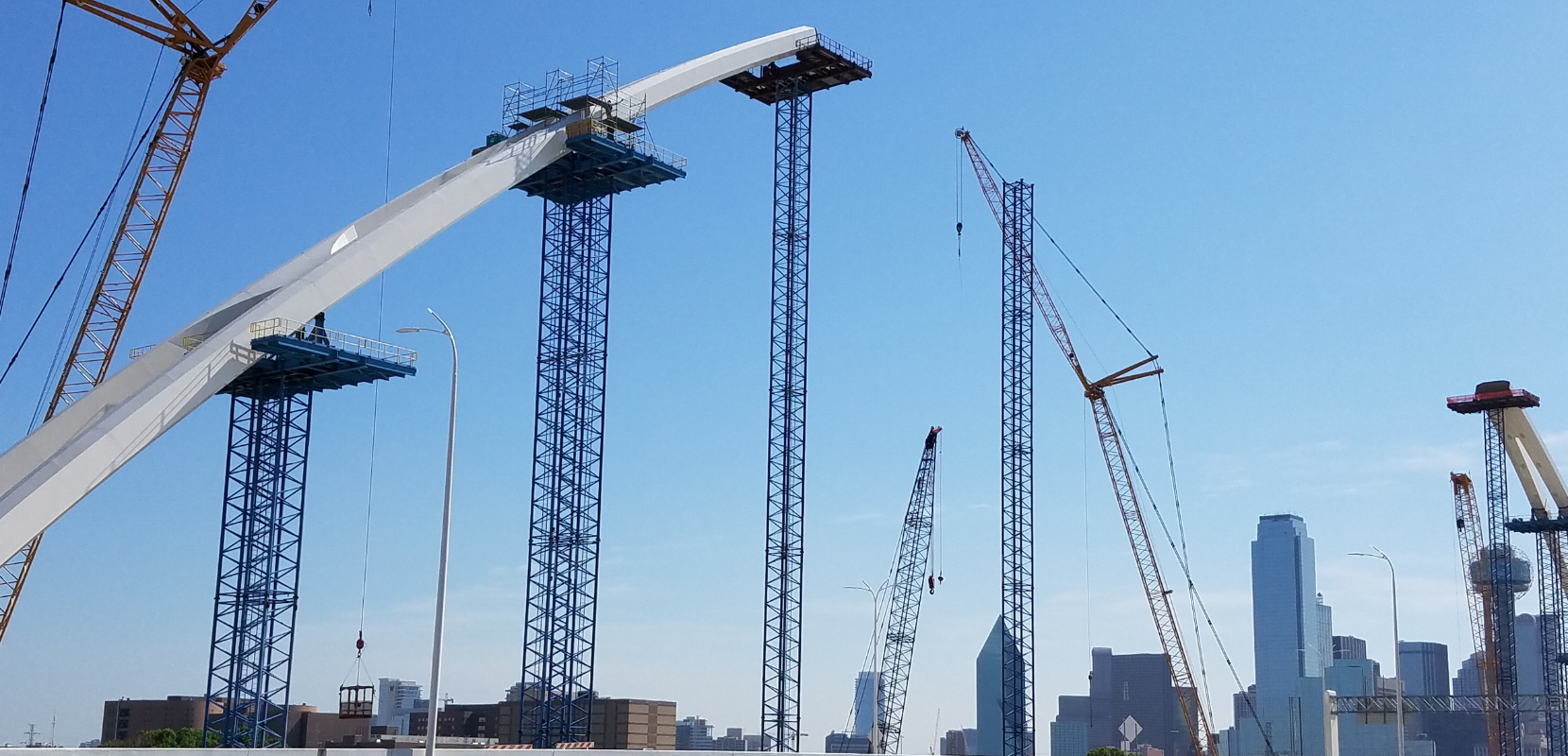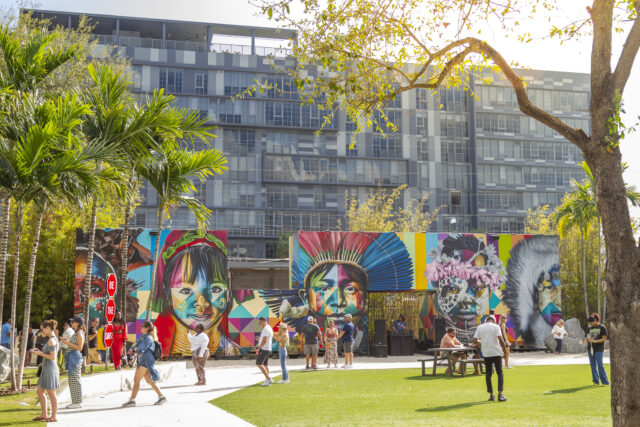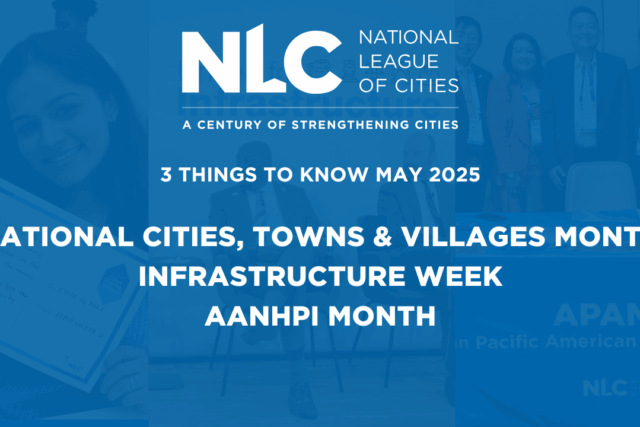In the fall of 2022, the National League of Cities (NLC) and Local Infrastructure Hub launched a series of bootcamps designed to help small and mid-sized local governments take advantage of the grant opportunities available through the Bipartisan Infrastructure Law and the Inflation Reduction Act. Hundreds of communities have taken advantage of these free trainings – and now more are on the way!
Starting in January 2025, NLC and the Local Infrastructure Hub will kick off another round of bootcamps to provide resources and training for communities interested in securing federal grant funds to address sustainable infrastructure needs.
Safe Streets and Roads for All (SS4A)

SS4A grants provide funding to prevent roadway fatalities and serious injuries. Whether your city would like to use funding to add additional sidewalks or improve existing roadways, there are several ways to apply this funding and implement safety measures. This training will also help participants consider the climate change and environmental impacts of their project.
Developing Clean Energy Projects
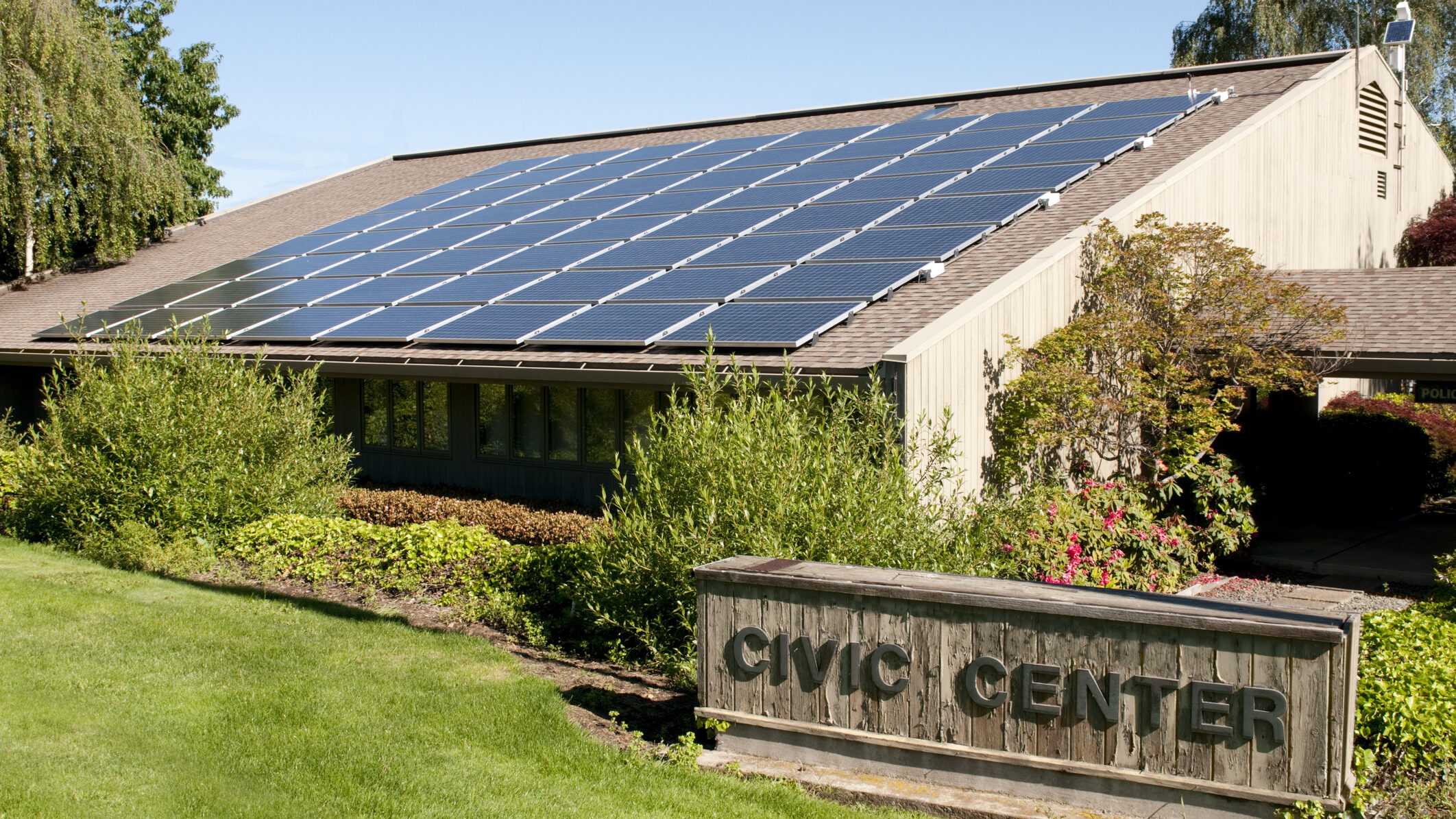
Is your city looking to advance clean energy initiatives? The Inflation Reduction Act includes a provision that provides non-taxable entities investing in clean energy with a direct payment option instead of tax credits. Local leaders can use direct pay as an option to develop clean energy projects. This training will focus on grant applications for various clean energy projects and help cities navigate financing solutions like the Greenhouse Gas Reduction Fund (GGRF) to turn sustainability goals into actionable projects.
Rail Infrastructure improvements (RCE/CRISI Grants)
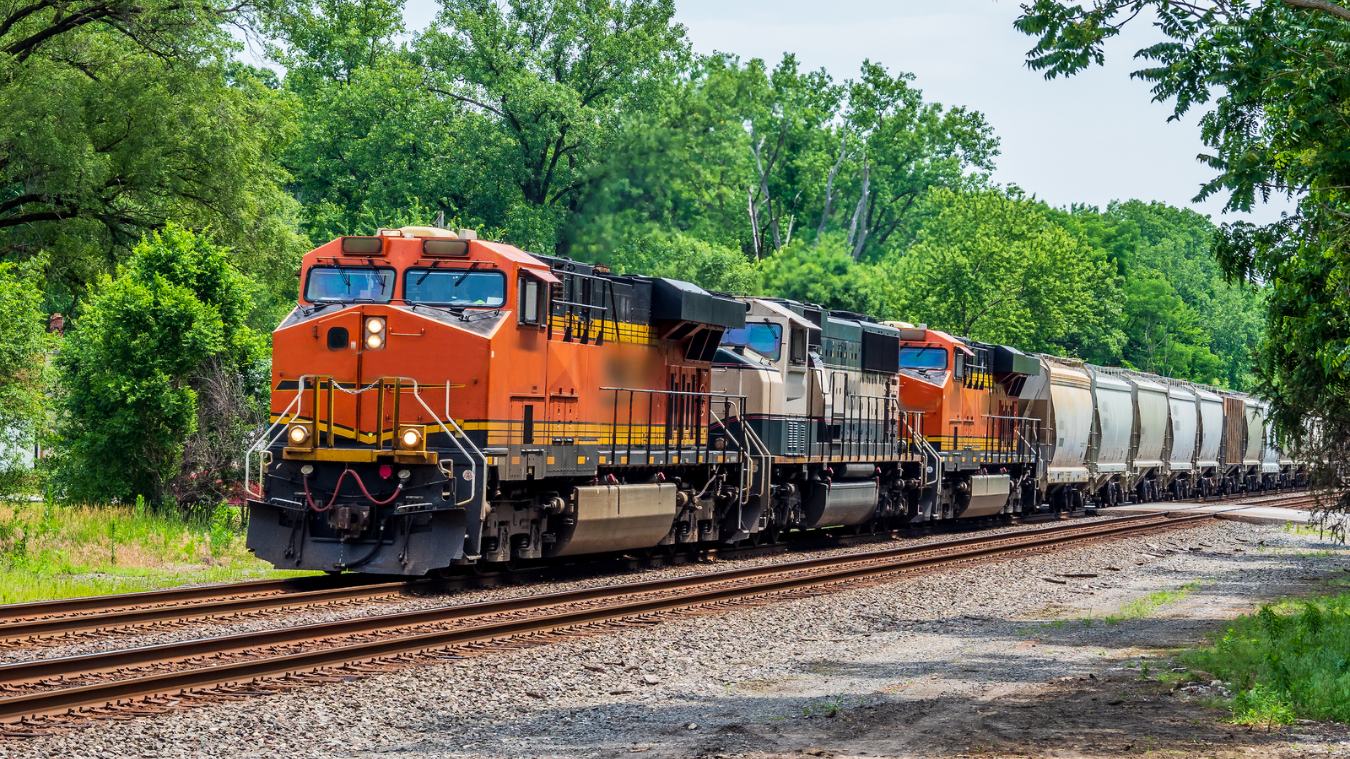
Is your city looking to improve rail safety? The Railroad Crossing Elimination (RCE) and Consolidated Rail Infrastructure and Safety Improvements (CRISI) Grants provide funding for highway-rail grade crossing projects. Eligible projects include track relocation, protective devices, and safety improvements. Local governments can use this funding to enhance rail infrastructure and promote safety. This training will guide you through applying for these grants with a focus on safety, equity, and sustainability in your city’s projects.
Drinking Water State Revolving Fund (CWSRF)

Are you looking to improve water quality for your residents? This training is designed to help you seek federal low-interest loans to support water quality infrastructure projects in your community. Eleven categories of eligible projects are included, including the construction, repair, and replacement of publicly owned treatment works that enhance energy efficiency, water conservation, recycling, and stormwater management.
Grant Implementation, Compliance and Management

If your city has won federal infrastructure grant funding but has faced challenges navigating the complexities of infrastructure management, this training is for you. Cities without extensive federal grant experience often face a steep learning curve. This training is tailored to equip cities with the critical skills and knowledge they need—including procurement, federal compliance, and streamlined grant reporting—to implement their infrastructure projects confidently.
Bootcamps are designed to help communities develop competitive funding applications for federal grants with an emphasis on helping traditionally underserved small and mid-sized cities and towns. With at least 30 courses available in this two-year project, each of the courses will run for an average of four months, with live learning sessions taught by subject matter experts, along with coaching sessions, office hours, and opportunities for peer learning. Participating cities should plan to devote several hours of active participation to the program each month and will be guided through the process of how to execute a community engagement strategy, ground applications in data, assemble a budget, and ultimately write winning grant applications that are tailored to specific grant opportunities.
Upon program completion, participating local governments will be able to submit compelling grant application packages that are grounded in data, feature detailed project plans, and include relevant policy objectives.
Registration is Now Open for January 2025
To learn more about the offerings and register for future trainings, visit the Local Infrastructure Hub website.
These technical trainings are being led by the National League of Cities (NLC) with support from Bloomberg Philanthropies, the Ballmer Group, Emerson Collective, Ford Foundation, and The Kresge Foundation. Bootcamp participants span the United States, most of whom hold city staff positions and some of whom serve as mayors for their respective communities.
